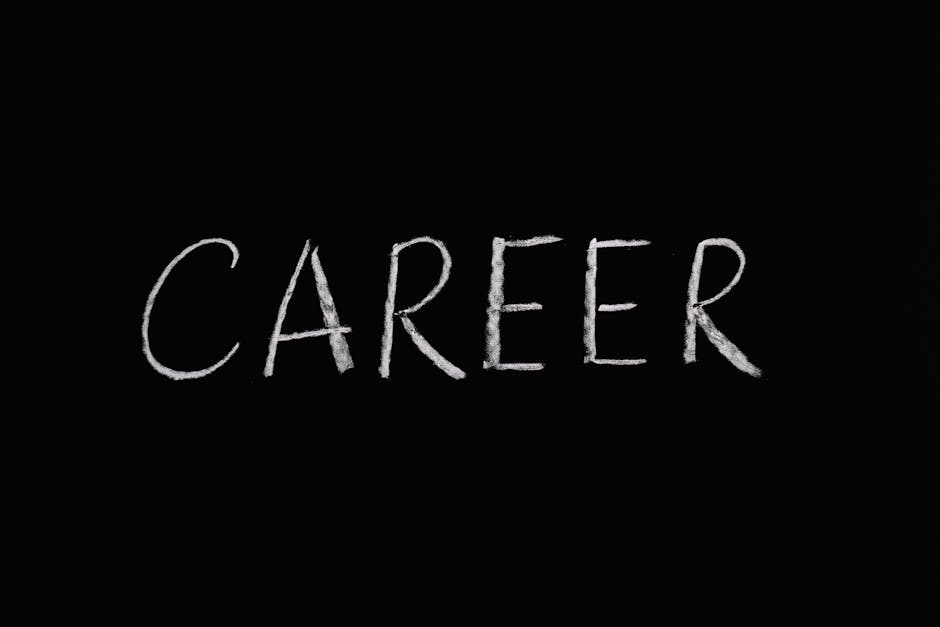Skills to Learn for Freelance Success
Did you know that 59 million Americans freelanced in 2020? that’s a lot of people seeking flexibility and independence! If you’re thinking about diving into the freelance world, you might be wondering: what skills do you need to be successful? Lets break it down.
What Are Key Skills for Freelancers?

Freelancers wear many hats. You might be a writer one day and a designer the next. To thrive, you need a mix of hard and soft skills. Heres what you should focus on:
- Communication
- Time Management
- Marketing
- Financial Management
- Technical Skills
Each of these skills plays a crucial role. Lets dive deeper into each one.
Why Is Communication Important?

Communication is at the heart of freelancing. You need to convey your ideas clearly to clients. A simple email can make a big difference. Listen well to understand client needs, too.
Here are some communication tips:
- Be clear and concise.
- Use professional language, but keep it friendly.
- Ask questions to clarify doubts.
Good communication helps build strong relationships. It can also lead to repeat business, which is key for freelancers.
How Do You Manage Your Time Effectively?

Time management is essential for freelancers. Without a boss, it’s easy to get distracted. Set a schedule and stick to it. Use tools like calendars or apps to keep track of deadlines.
Try these time management strategies:
- Prioritize your tasks: Focus on what’s most important first.
- Set specific working hours: This helps create a routine.
- Take breaks: Short breaks can boost productivity.
Remember, good time management leads to better work-life balance.
Why Is Marketing Crucial for Freelancers?

As a freelancer, you are your own brand. You need to market yourself to attract clients. Think of marketing as telling people why they should hire you.
Here are some effective marketing strategies:
- Create a professional website: Showcase your portfolio and services.
- Use social media: Share your work and connect with potential clients.
- Network: Attend events or join online forums to meet others in your field.
Marketing can take time, but it pays off. Clients need to know you exist!
How Important Is Financial Management?
Freelancers often overlook financial management. But it’s critical for long-term success. You need to track your income, expenses, and taxes. This helps you understand your financial health.
Here are some basics of financial management:
- Keep receipts: You can claim these as business expenses.
- Set aside money for taxes: This prevents surprises later.
- Use accounting software: Tools like QuickBooks make it easier.
By managing your finances well, you can focus on what you loveyour work!
What Technical Skills Should You Learn?
Technical skills can vary widely depending on your field. If you’re a writer, you should be comfortable with word processing software. If you’re a designer, knowing graphic design tools is essential.
Consider these technical skills:
- Basic web development: Understanding HTML and CSS can help.
- Graphic design: Familiarity with tools like Adobe Photoshop is a plus.
- Project management: Tools like Trello or Asana can streamline your workflow.
Staying updated on industry trends will also keep you competitive.
How Can You Build a Strong Portfolio?
Your portfolio is your showcase. It tells potential clients what you can do. Start by compiling your best work. Include a variety of projects to show your range.
Heres how to create an effective portfolio:
- Choose your best pieces: Quality over quantity.
- Include case studies: Explain your process and results.
- Keep it updated: Regularly add new work to reflect your growth.
Your portfolio should tell a story about your skills and experience.
What Are Some Common Misconceptions About Freelancing?
Many people have misconceptions about freelancing. Lets clear a few up.
- Freelancing means you can’t have stability: Many freelancers enjoy steady clients and income.
- it’s easy money: Freelancing requires hard work and hustle.
- You can work whenever: You need to set boundaries to avoid burnout.
Understanding these myths can help set realistic expectations.
What Are Actionable Takeaways for Aspiring Freelancers?
Ready to start your freelance journey? Here are some actionable steps:
- Identify your skills: Know what services you can offer.
- Create a business plan: Outline your goals and strategies.
- Set up your online presence: Build a website and social media profiles.
- Network: Connect with other freelancers and potential clients.
Taking these steps will set you on the path to freelance success!
Where Can You Learn More?
For additional resources, check out Freelancer Resources. They provide helpful tips and guides for freelancers at all levels.
Freelancing can be a rewarding career. With the right skills and mindset, you can thrive in this dynamic world. Remember, it’s a journey, not a sprint. Keep learning, adapting, and growing!



